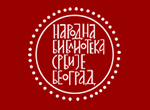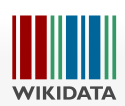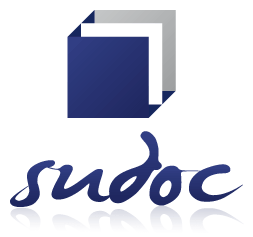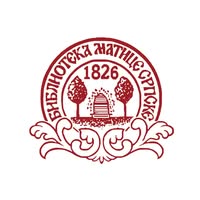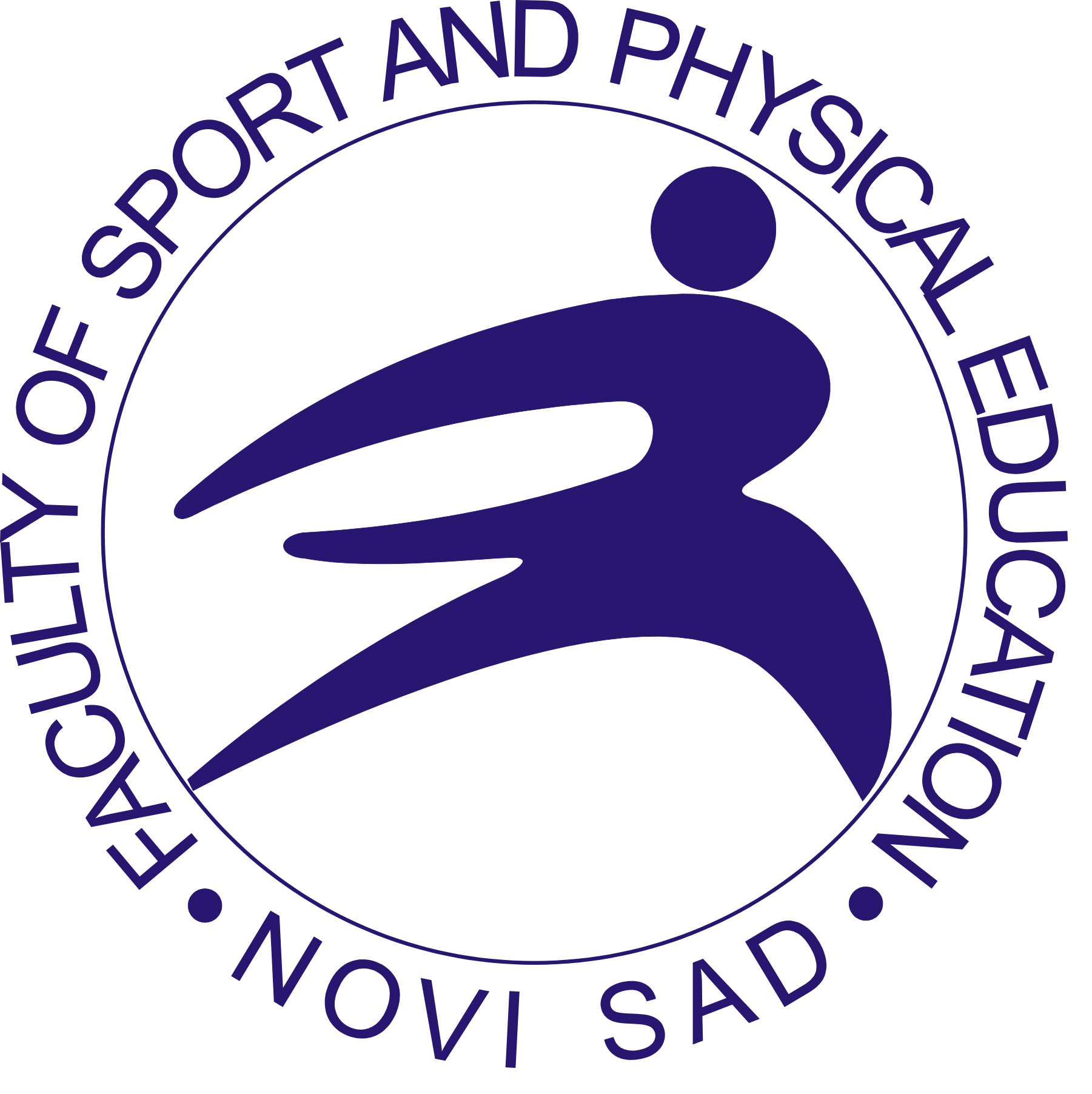
More articles from Volume 7, Issue 2, 2015
DOES THE CHANGE OF TESTING PROTOCOL HAVE AN INFLUENCE ON THE RELIABILITY IN MOTOR SKILL TESTS?
IMPLEMENTATION OF ASSESSMENTS FOR LEARNING IN ELEMENTARY SCHOOL PHYSICAL EDUCATION PRACTICE
THE EFFECTS OF LIVE AND VIDEO DEMONSTRATION ON THE EARLY ACQUISITION OF A NEW MOTOR TASK
STRESS COPING RELATIVE TO COMPETITIVE EXPERIENCE OF HANDBALL PLAYERS
Citations

0
IMPLEMENTATION OF ASSESSMENTS FOR LEARNING IN ELEMENTARY SCHOOL PHYSICAL EDUCATION PRACTICE
Franconian International School , Erlangen , Germany
Abstract
Assessment for Learning (AfL) strategies can be regularly used to gauge and respond to
student progress in an international school learning environment. In its various forms,
assessment is crucial for helping students to learn, better understand their learning process,
and should be an ongoing means of learning feedback. The aim of this study was to
determine the possible opportunities for implementing AfL in elementary school physical
education classes. AfL provides feedback on what has been done well, what is understood
and how to progress. For each of the key skills in physical education, clear performance
criteria could be articulated in the form of a teacher’s and child’s rubric. Examining the
reflections of six PE teachers on their experience in working with AfLs, it was proved that
implementing AfL in elementary school PE practice encourages and enables students to
assess their own learning and progress. This method of assessment also helps teachers to
improve individual student learning and not just record or identify which learning stage a
student resides.
Keywords
References
Citation
Copyright

This work is licensed under a Creative Commons Attribution-NonCommercial-ShareAlike 4.0 International License.
Article metrics
The statements, opinions and data contained in the journal are solely those of the individual authors and contributors and not of the publisher and the editor(s). We stay neutral with regard to jurisdictional claims in published maps and institutional affiliations.













